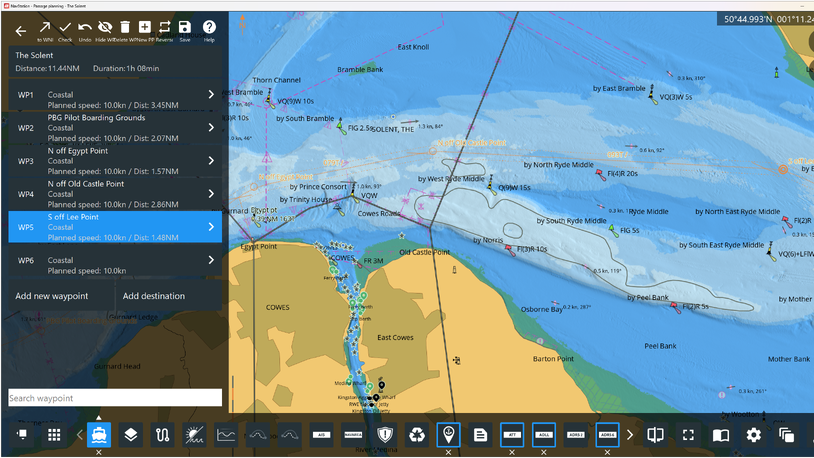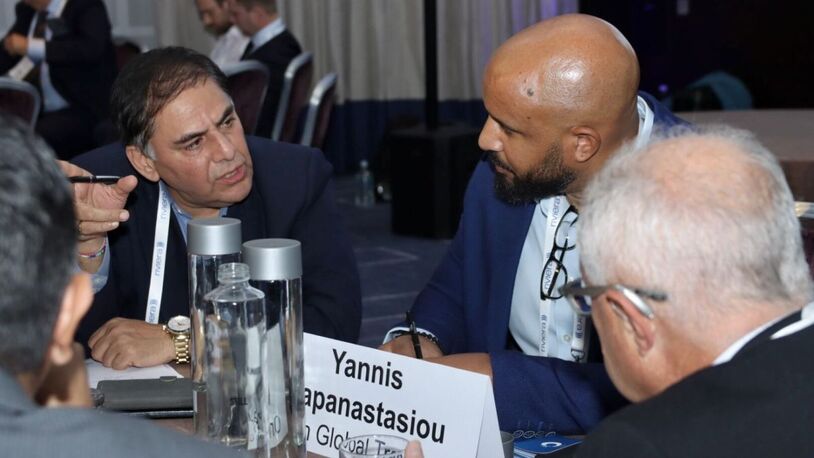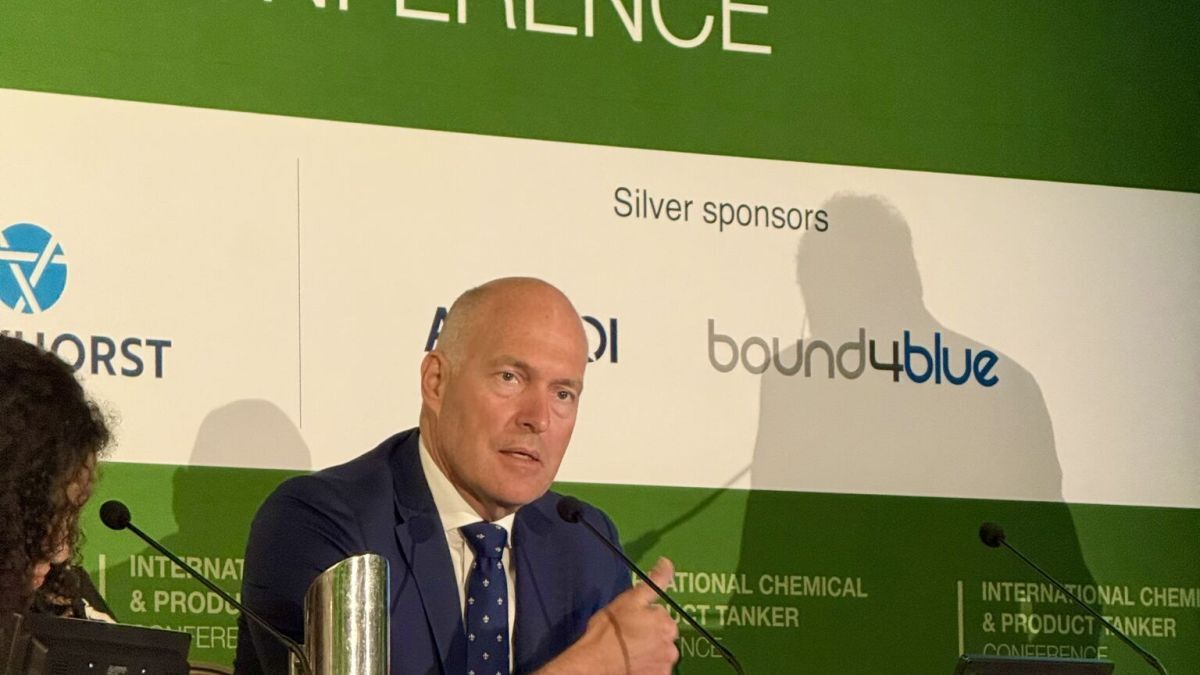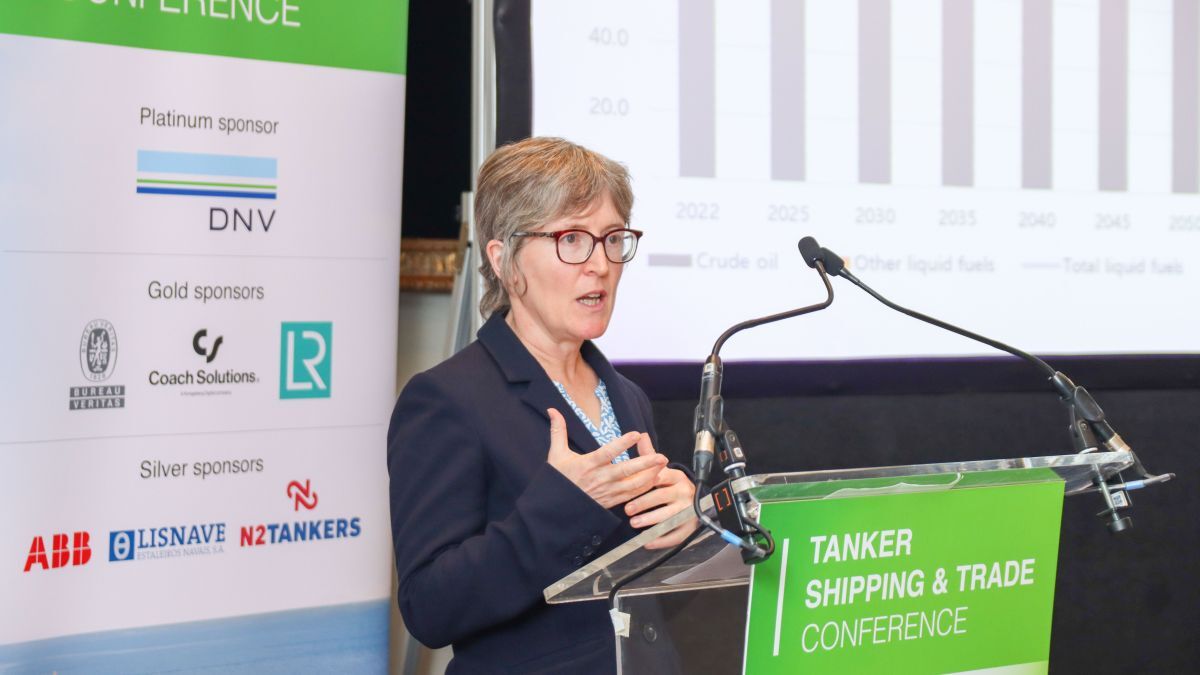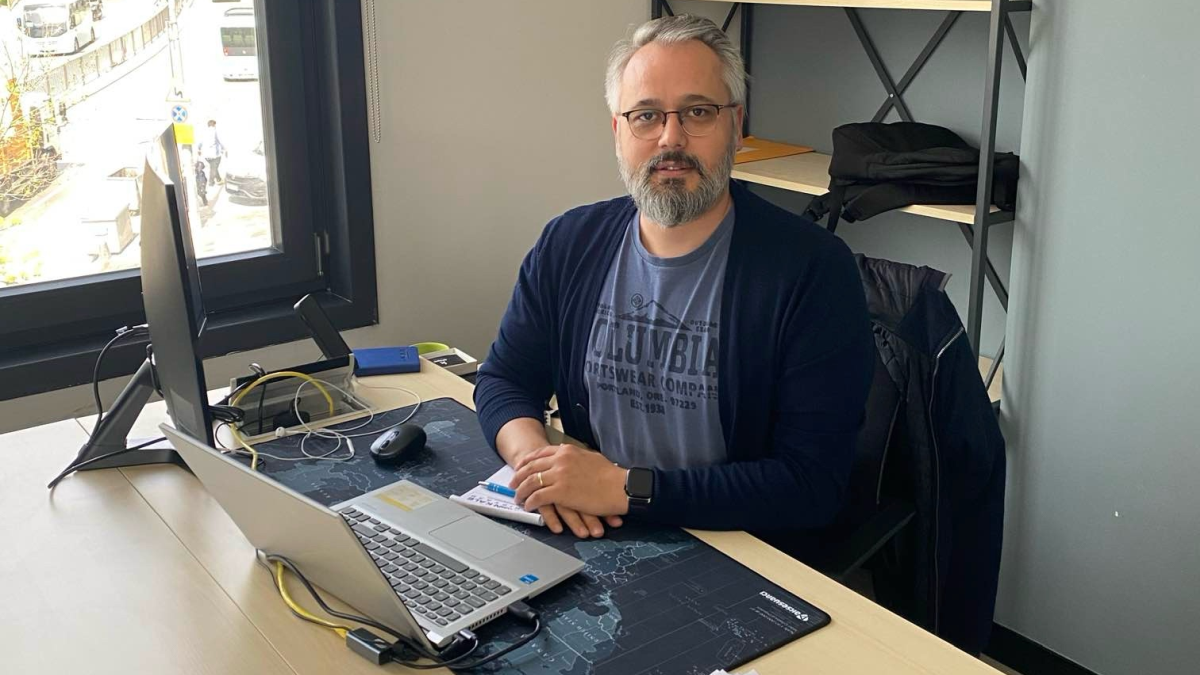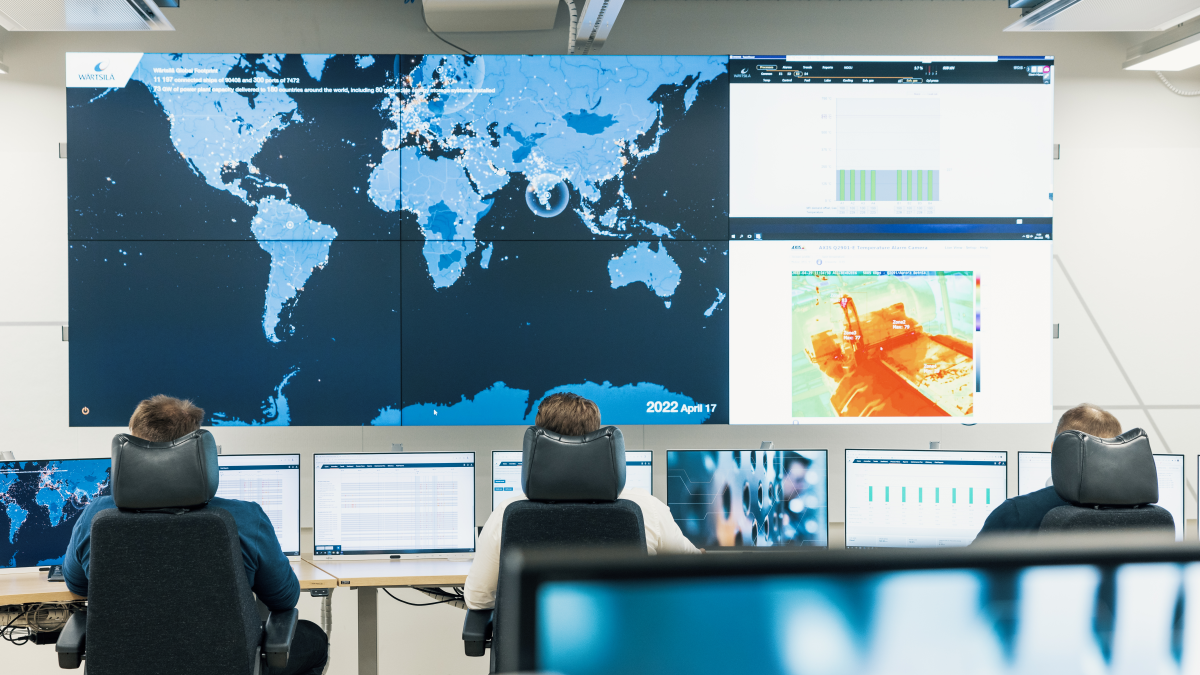Business Sectors
Events
Contents
Register to read more articles.
What LNG shipping and terminals operators want in 2025
The concerns raised in 2024 underscore the LNG sector’s dynamic and multifaceted challenges in 2025
As the LNG industry continues to navigate rapid transformation, themes emerging in 2024 set the stage for critical discussions in 2025.
Workforce sustainability and diversity is a prominent concern for LNG operators.
At an LNG event, delegates highlighted challenges in attracting and retaining talent, particularly among younger generations. One delegate noted the disparity in wages for third officers compared with less demanding roles, while another raised the industry’s limited success in attracting women to maritime careers.
Looking forward, the industry must address these issues through competitive remuneration, inclusive hiring practices and clear career pathways.
Training also remains a top priority, particularly as dual-fuel vessels and alternative fuels like ammonia, methanol and bioLNG become more prevalent.
The question of retention strategies, including anti-poaching agreements and pathways from sea to shore, will likely dominate discussions in the coming year.
Technological advancements and innovation were a recurring theme in 2024, and this focus will undoubtedly carry over into 2025.
Questions about tank design optimisation, improved mooring systems and enhanced inspection regimes reflect the need for infrastructure that aligns with operational efficiency and regulatory requirements.
With automation and artificial intelligence gaining traction, there is growing interest in how digitalisation can reduce reliance on highly specialised crews while improving safety and performance.
The imperative for sustainability and decarbonisation continues to drive the industry’s agenda.
Delegates raised concerns about the economic viability of bioLNG and the technological readiness of methane slip reduction solutions. Some participants proposed leveraging LNG’s cryogenic properties for carbon capture technologies to align with decarbonisation goals.
The industry must also grapple with the role of alternative fuels such as ammonia, methanol and synthetic methane, as well as the regulatory frameworks needed to support their adoption.
The intersection of geopolitical and market dynamics and LNG operations remains a critical area of focus.
Delegates discussed the implications of overcapacity in regasification facilities on global floating storage and regasification unit deployment strategies. Others pointed to shifting US LNG export policies and their potential impact on European energy security.
Questions about market tightness and supply-demand imbalances highlight the need for strategic fleet growth and investment in scalable projects.
Regulatory and safety challenges also garnered significant attention in 2024, a trend that is likely to persist.
The introduction of more complex inspection regimes, such as SIRE 2.0, has placed additional burdens on crews. Delegates questioned how these requirements could be streamlined to reduce stress while maintaining safety.
The balancing act between compliance and operational competency remains a pressing concern for many operators.
Finally, the industry’s focus on economic and commercial viability is expected to shape its priorities in 2025.
The ’squeezed middle’ position of LNG – caught between European regulation and Asian market dynamics – poses a unique challenge.
Delegates highlighted the need to balance short-term profitability with long-term investments in sustainability and infrastructure resilience.
Concerns about declining charter rates and tighter margins reflect the growing importance of cost management and efficient resource allocation.
Looking ahead, alternative energy synergies may offer new opportunities for LNG operators.
Small-scale LNG, integrated bioLNG solutions, and collaborations with renewable energy sources such as solar and wind are emerging as areas of interest.
The role of smaller terminals and bunkering facilities in supporting these initiatives will likely grow as the industry seeks more agile and sustainable operations.
Sign up for Riviera’s series of technical and operational webinars and conferences:
- Register to attend by visiting our events page.
- Watch recordings from all of our webinars in the webinar library.
Related to this Story
Events
Maritime Environmental Protection Webinar Week
Cyber & Vessel Security Webinar Week
The illusion of safety: what we're getting wrong about crews, tech, and fatigue
Responsible Ship Recycling Forum 2025
© 2024 Riviera Maritime Media Ltd.

